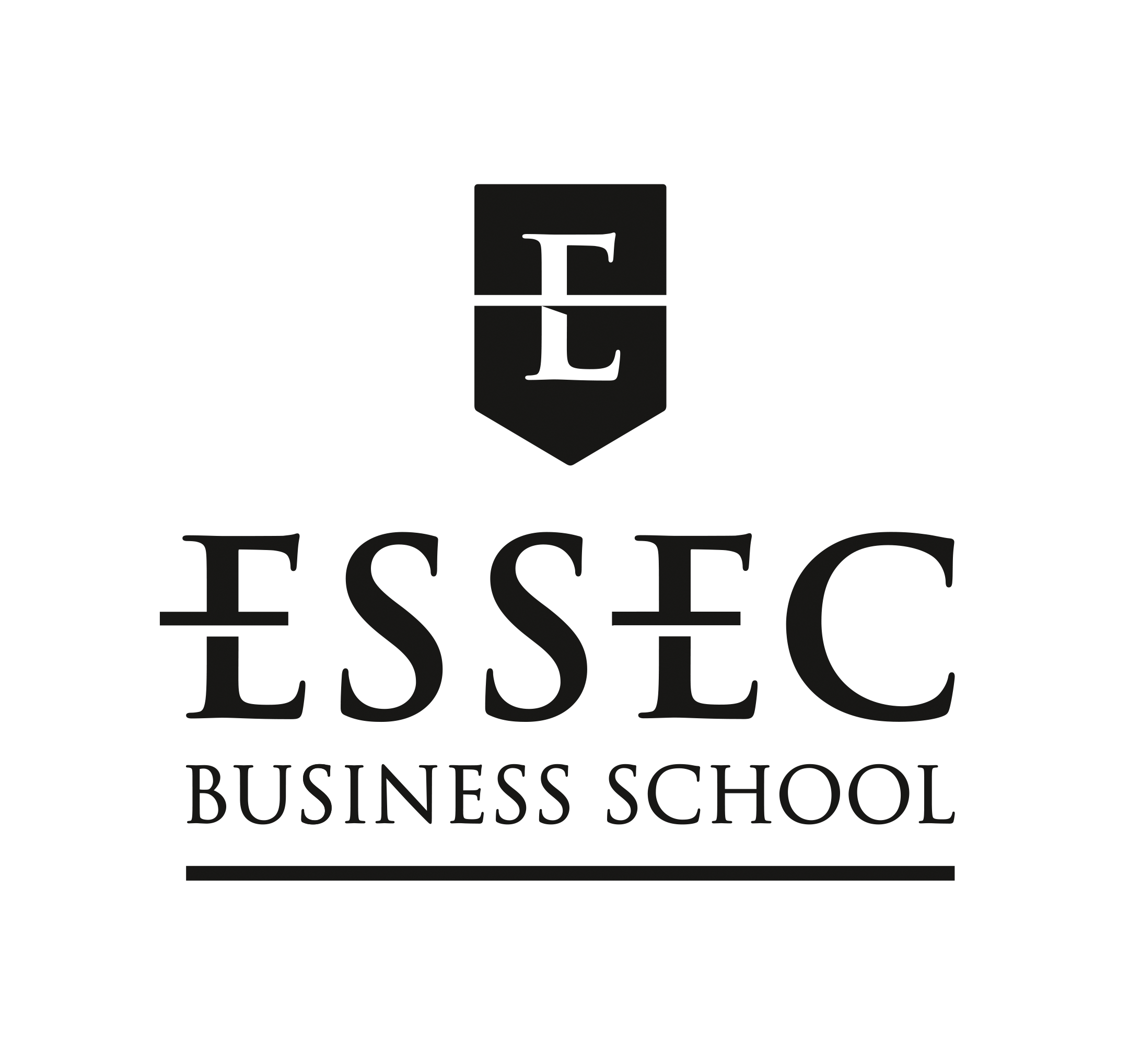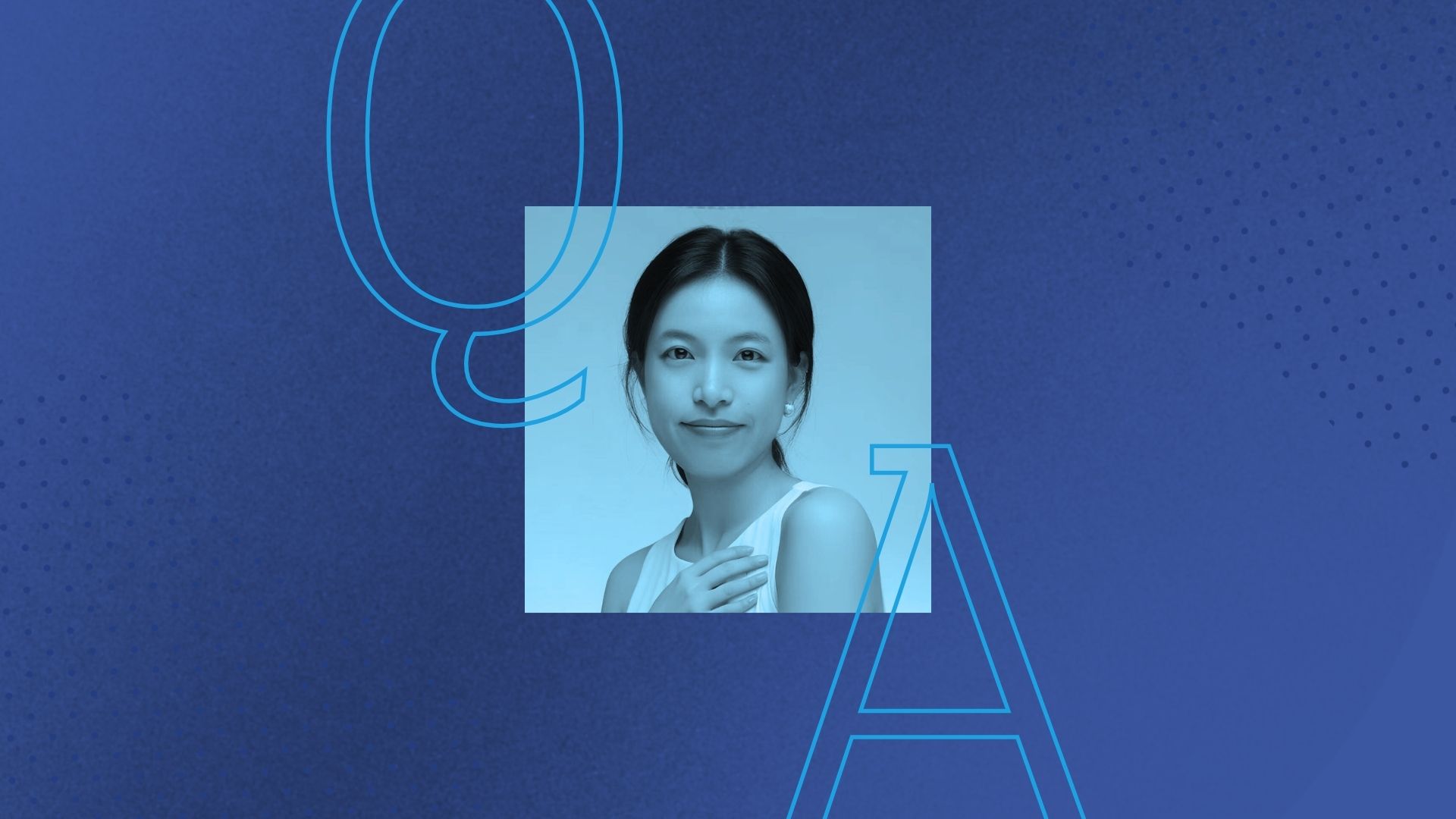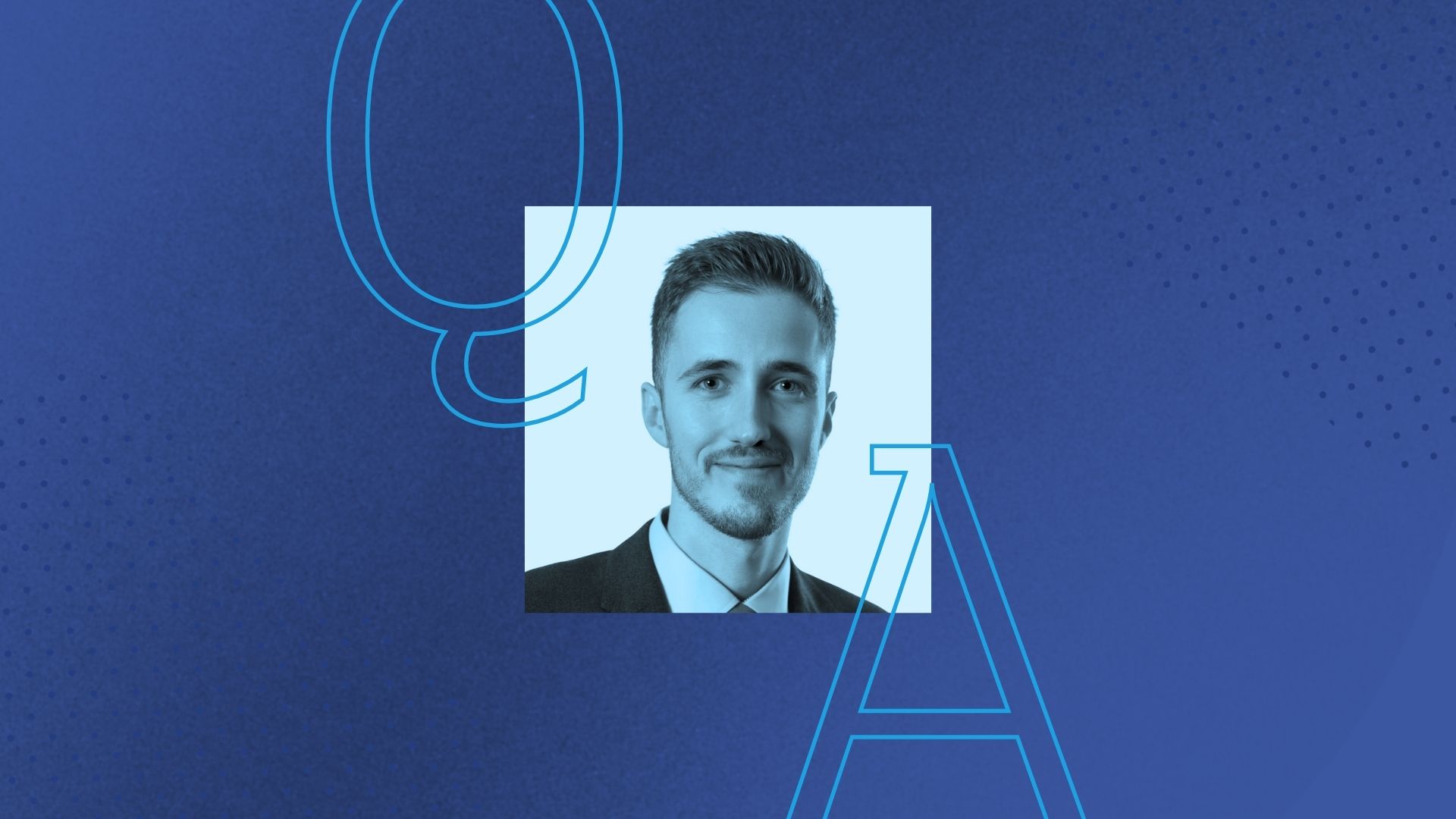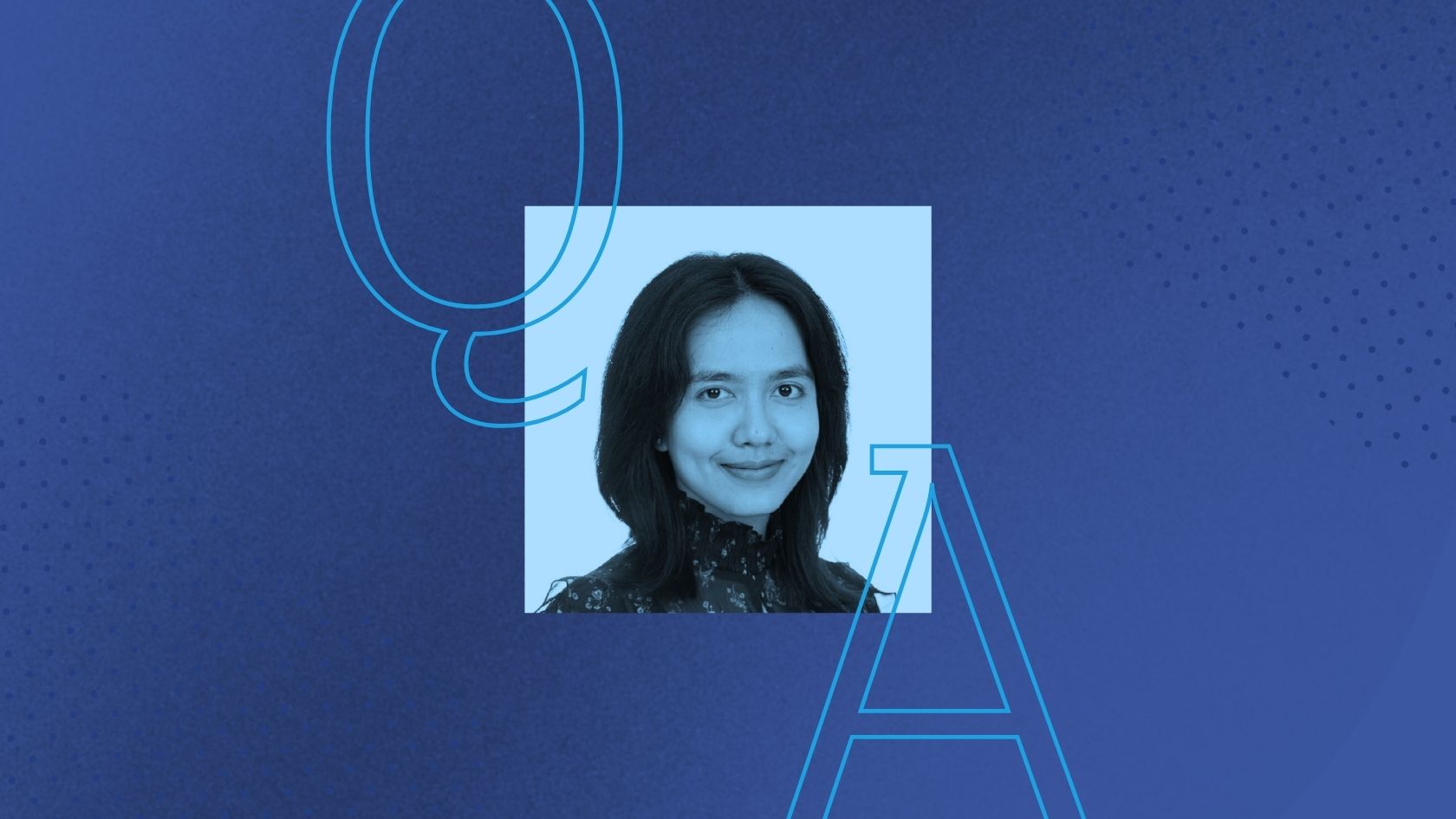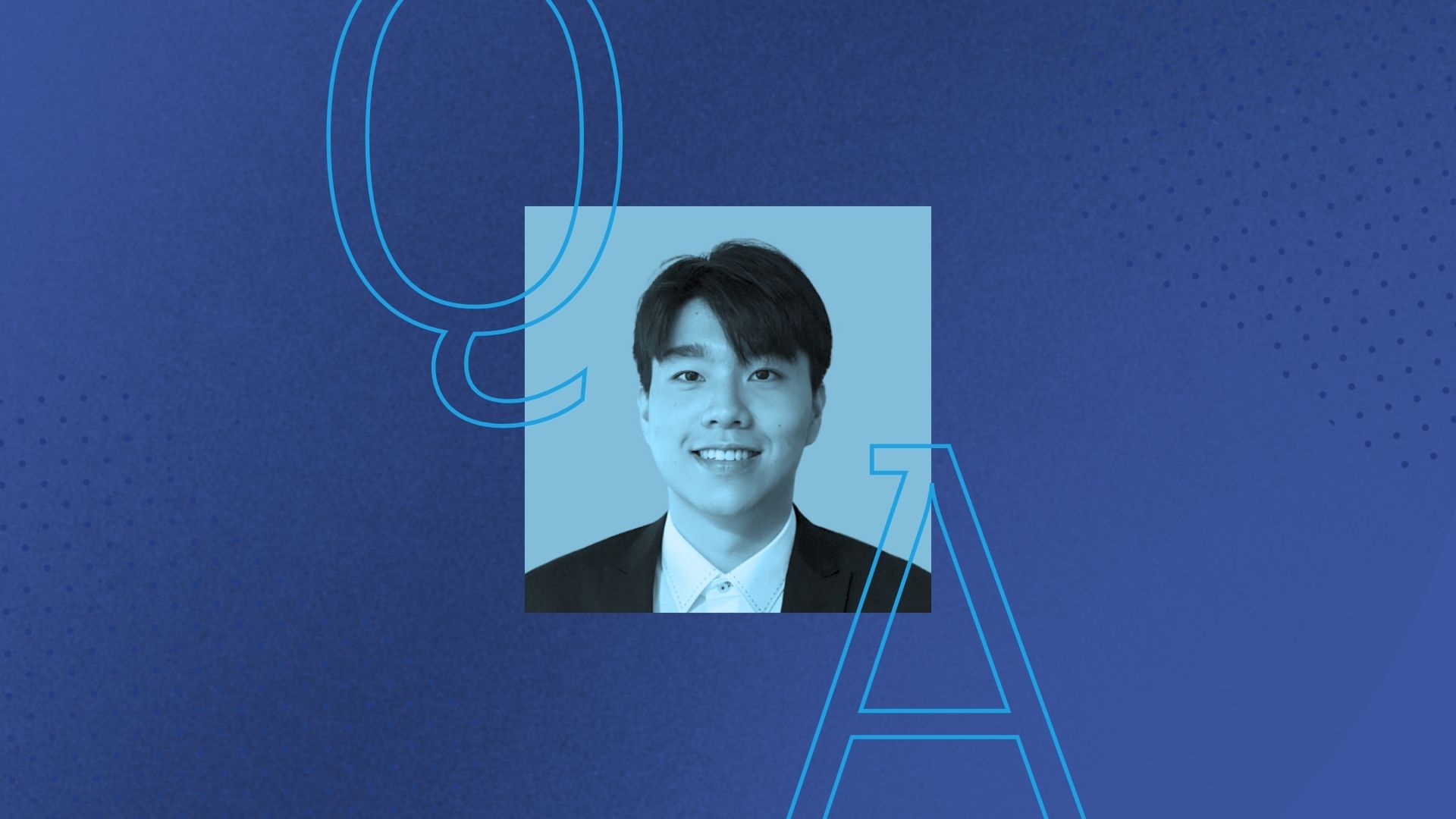Everything indicated that French national Martin Bouchet would pursue a technical career: at the undergraduate level, he studied engineering, specializing in healthcare and biomedical sciences.
Then, he completed a master’s in applied mathematics and artificial intelligence.
However, Martin realized that as adept as he was at programming, he didn’t want to limit his career to technical fields.
To bridge the gap to the business world, he opted for the ESSEC Master in Management (MiM) program at ESSEC Asia-Pacific. He shares his experience thus far.
Why did you choose the MiM program and start at ESSEC Asia-Pacific?
I chose the MiM Program because it’s very generalist. As I wasn’t sure what I liked to do, I wanted the flexibility the MiM offers.
I chose ESSEC Asia-Pacific because I’ve only had one experience outside France: a one-month internship in Morocco.
I wanted to see the world and see how different cultures work—particularly Asia—because my mother is from Cambodia, and I still have some family there.
What’s the biggest difference between ESSEC Asia-Pacific and your past schools?
There were many international students in engineering school, and when I did my internships, they were mainly from Europe.
We have multiple nationalities here, including Chinese, Indians, Italians, and more. It’s nice to interact with them and learn about their cultural differences.
There’s also a good selection of people from different backgrounds. Some are from pharmacy, some from business, and some are engineers like me.
It’s been great to meet these people and hear their stories.
Has it been difficult to keep up with the new business school curriculum?
No. I like that some classes are more academic, and others are more practical.
We started with the academic ones and had some really good professors teaching us the basics in finance, marketing, accounting, and more as part of our refresher courses.
Then, we started more practical classes, like financial modeling, which helped us apply what we’d learned in the refresher classes to real life.
These practical classes help us see why we need to learn certain things!
We understand you participated in the Junior Consulting Experience exclusive to MiM students in Singapore. What has that been like?
My team is working with an artist who wants to create a closed-loop system for glass in Singapore by collecting glass bottles, cleaning them, and reselling them to make them reusable.
We helped provide data analysis and financial modeling of the business, which was very interesting.
I’ve done similar projects where I work with a business in France, but this is my first time seeing how a business operates in Singapore.
What do you enjoy most about being on the Singapore campus?
I have a good lifestyle here. It’s easy to do sports, you can get good food. The school is conveniently accessible on public transportation, and the campus is new.
Being part of a smaller class also feels good as I can get to know everyone. We like to hang out in the city and discover things together.
I like life in Singapore and feel the experience is changing me—not just with new knowledge but also as a person. I believe it’s making me more mature.
RELATED POSTS
MiF Student Xuechun Kang: From Beijing to Singapore, Journey Through ESSEC’s Master in Finance Program
Meet Xuechun Kang, whose academic journey from Beijing to ESSEC in Singapore unlocked a passion for fintech and a clear path to commodities trading.
GBBA Student Sude Petek Yavaş: Coming Full Circle with Growth, Global Experiences, and Graduation in Singapore
From Turkey to Singapore, internships to exchanges—discover how this fourth-year Global Bachelor of Business Administration (GBBA) student turned her…
MiF Student Ambassador Anthony Delorme: How To Build a Global Finance Career From Singapore
From a French M&A analyst to a student leader spearheading finance events, Anthony Delorme leverages his ESSEC Master in Finance experience and…
Singaporean Success Stories at ESSEC Global BBA
Three local students share their transformative journeys at Singapore's premier French business school.
MiF Student: How Khine Soe San Found Purpose in Finance Through ESSEC APAC
Khine Soe San's finance journey, profoundly shaped by the ESSEC Master in Finance (MiF) program and an ADB internship, evolved from a numbers-driven…
MiM Student Emerson Huang: Finding Purpose and Perspective
ESSEC MiM student Emerson Huang’s globally focused academic path has taken him from Taiwan to Singapore and soon to Copenhagen, combining rigorous…
